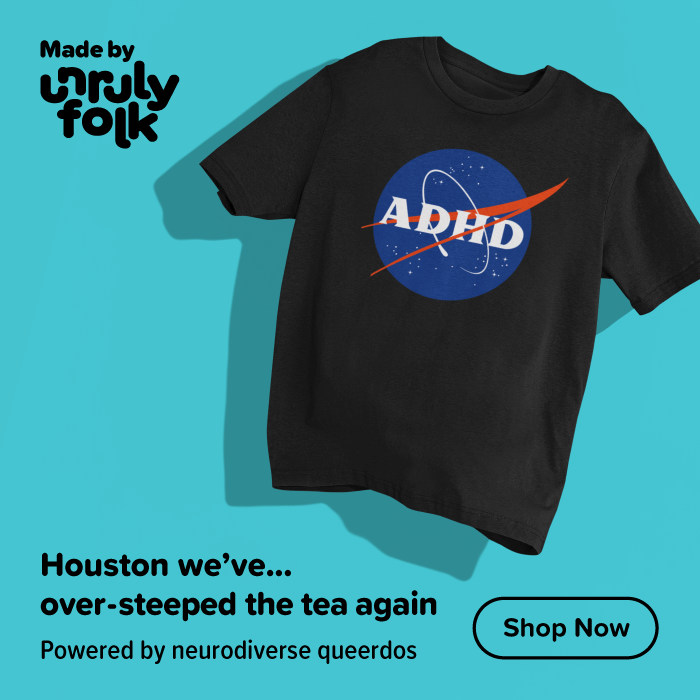G’day, Unruly friends. It seems like our collective ADHD nightmare is about to get a whole lot worse. The CDC has just issued a warning that the already dire ADHD medication shortage could worsen, thanks to the recent arrests of top executives at Done, a popular telehealth provider.
What’s the Drama?
Two executives from Done were nabbed by the feds last week, accused of healthcare fraud. The Department of Justice claims they were dishing out Adderall and other stimulants like lollies at a party, allegedly pressuring staff to prescribe these meds even when they weren’t necessary. This scandal could leave up to 50,000 patients in the lurch, relying on telehealth platforms for their ADHD treatment. Just what we needed, right?
The Fallout
Done, in their defence, is denying the accusations and insists they’re still operating as usual. They’re trying to ensure that their patients don’t lose access to their meds amid this chaos. But let’s be real; the CDC’s advisory has us all freaking out about the far-reaching impacts of untreated ADHD.
Voices from the Front Lines
We turned to ADDitude readers for their reactions, and boy, did they have a lot to say. Here are some snippets:
“This is absolutely going to make our lives even harder. I have an AuDHD child and now have to ration her medication. Some days she can’t participate in her childhood because we have to save meds for crucial events.” —@laurapeles
“This is super frustrating. We already jump through hoops to get our meds, and Done is a scam. Hopefully, this mess leads to better telehealth ADHD treatment.” —@danimarie1029
“The DEA’s actions during the opioid crisis are now creating a stimulant crisis. ADHD patients aren’t criminals, but we’re treated like them. It’s gross and sad.” —@wordsmith610
What Needs to Change?
The consensus among readers is that while better regulation of ADHD meds is crucial, the system needs an overhaul. We need clear guidelines, proper follow-ups, and definitely no more shady practices. The frustration over the shortage and its impact on daily lives is palpable, and the hope is that this will lead to more robust, fair, and accessible ADHD care.
As we navigate this ongoing crisis, let’s keep our fingers crossed for better days ahead. For those affected, know that you’re not alone in this. Our beautiful neurodivergent community is here for you.
























































